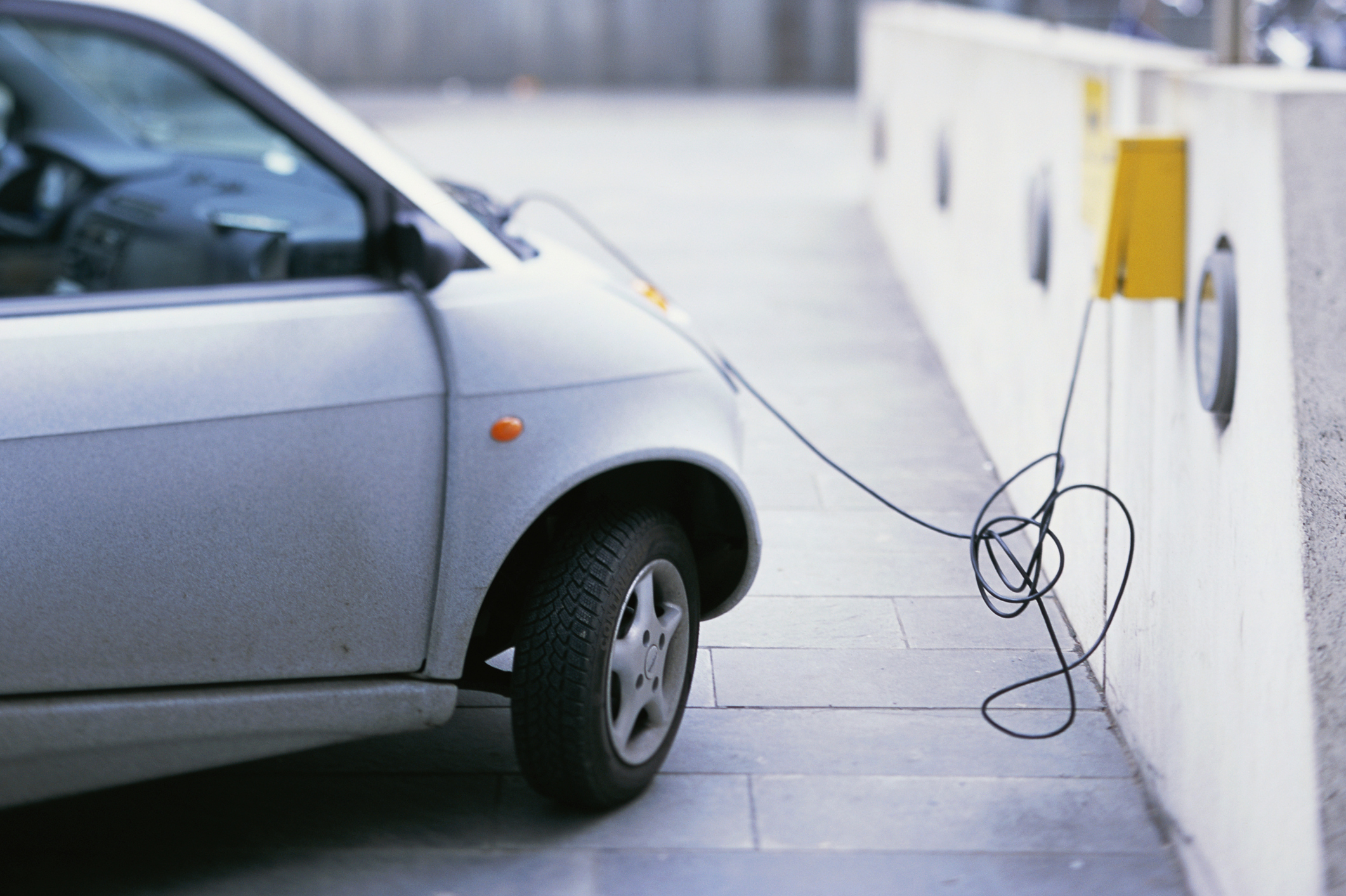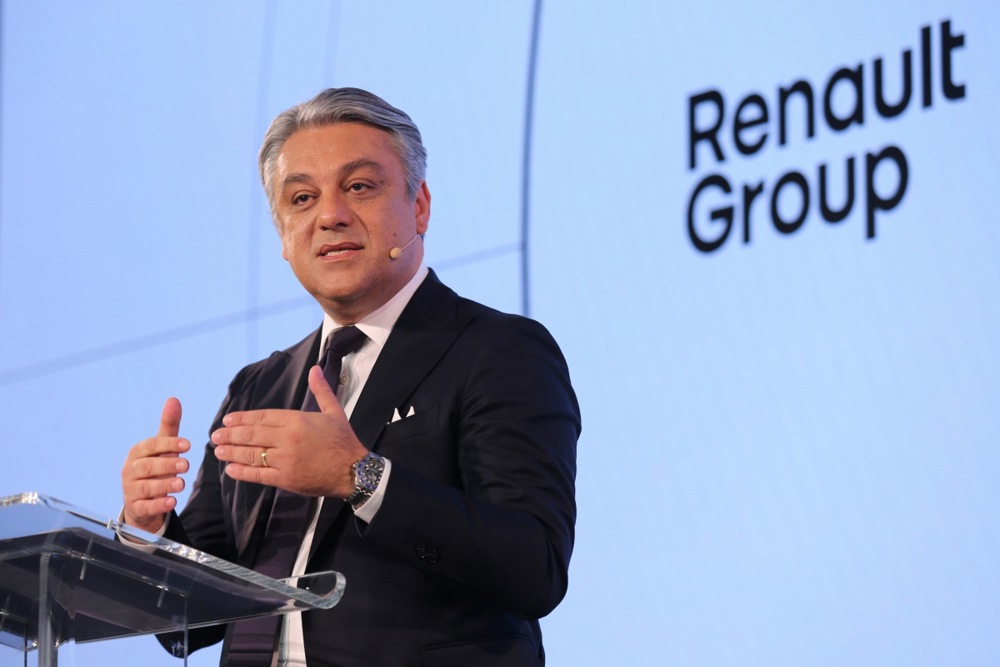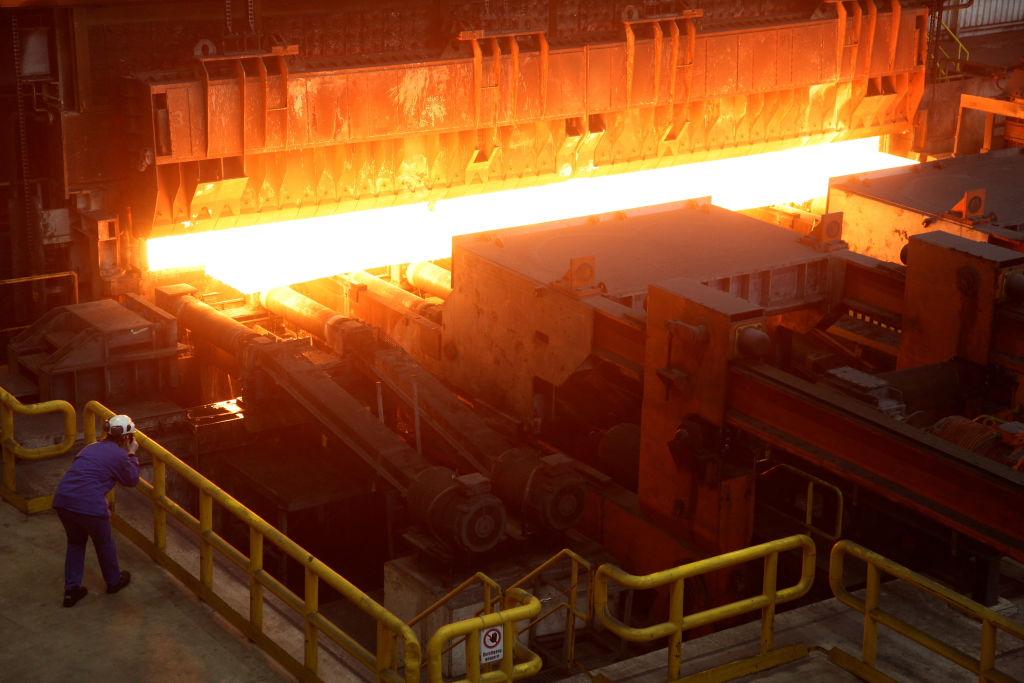The European automobile industry has called on the EU to roll back CO2 emission fines to avoid crippling the bloc’s competitiveness.
In a letter to EU leaders, Ola Källenius, the newly appointed president of the European Automobile Manufacturers’ Association (ACEA), urged European Commission President Ursula von der Leyen and European Parliament President Roberta Metsola to scrap potential penalties for carmakers failing to meet emission targets.
Starting in 2025, new EU regulations demand a 15 per cent reduction in average emissions for new cars compared to 2021 levels, with fines for non-compliance. This measure is part of the EU’s push towards net-zero emissions by 2035.
We need a realistic pathway to decarbonising the European automotive industry – one that is market-driven, not penalty-driven.
Källenius argues for a practical, market-driven approach to decarbonising the automotive sector, warning that the current penalty-based strategy poses risks for the car industry.
He emphasized that the fines could drain vital resources from research and development at a critical juncture for the industry.
“In a critical phase of the transformation, the risk of paying heavy penalties for CO2 non-compliance would divert necessary funds from R&D and other investment.”
The plea from the industry follows moves by several European automakers to buy carbon credits from EV leaders Tesla and Polestar, aiming to comply with the EU’s increasingly stringent emission targets.
In a bid to comply with the EU’s stringent CO2 emission targets, several European car manufacturers have been purchasing carbon credits from electric vehicle giants Tesla and Polestar. https://t.co/6OUOtqVc8v
— Brussels Signal (@brusselssignal) January 9, 2025
Speaking to Brussels Signal, Samuele Furfari, professor of energy geopolitics at the Free University of Brussels, argues that the fines proposed by the European Commission damaged EU competitiveness.
“We can introduce all the taxes that we want to compensate for the fact that Chinese, India, and others do not take care of CO2 emissions. So we can introduce those taxes. But who is going to pay for that? Citizens and industry. That means that we are even more destroying our competitiveness,” he said.
“I think that this is a big mistake to think that we can create a new economy just penalising,” he added.
Lucas de Meo, CEO of Renault had previously warned that the car industry could be “crushed” by EU fines.
The ACEA president said the CO2-emitting car targets were based on expectations of a take-off of EV demand that had not happened.
“The European automotive industry already offers a wide range of attractive electrified vehicles. However, the transformation in Europe is not progressing at the pace required. That pace is set by customers and market conditions. For zero-emissions mobility to flourish, the ecosystem as a whole must become more attractive to customers,” Ola Källenius wrote.
As reported by the ACEA, electric vehicle registrations in the EU saw a significant decline of 43.9 per cent in August 2024, largely driven by downturns in Germany and France.
On the ground, the situation appears even more dire. Lauren Van Boeck, a car dealership owner, shared with Brussels Signal that electric cars are struggling to gain traction, making up just 3 per cent of his total market share.
“Electric cars just don’t sell,” he said.
EU auto industry calls for urgent relief as sales plummet.
Read the full article ?? https://t.co/hjxvbiKGCJ #europeanunion #eu pic.twitter.com/qRXibnBJFB
— Brussels Signal (@brusselssignal) September 20, 2024
The ACEA calls for a revision of the European Green Deal. The creation of a regulatory framework that increase the bloc’s competitiveness in alignment with the ‘Draghi’ report on competitiveness.
“The European Green Deal must be subject to a reality check and a realignment – to make it less rigid, and more flexible and to turn the decarbonisation of the automotive industry into a green and profitable business model,” said Källenius.
However, Källenius argued that the industry’s most pressing concern remains the EU’s need to find a solution for the burden of CO2 regulation for cars and vans.
Volkswagen’s recent shock announcement to cut tens of thousands of jobs, was not an isolated event but part of a much bigger crisis, according to Hildegard Müller, president of the German Association of the Automotive Industry. https://t.co/0nCR7UJKNx
— Brussels Signal (@brusselssignal) October 29, 2024





